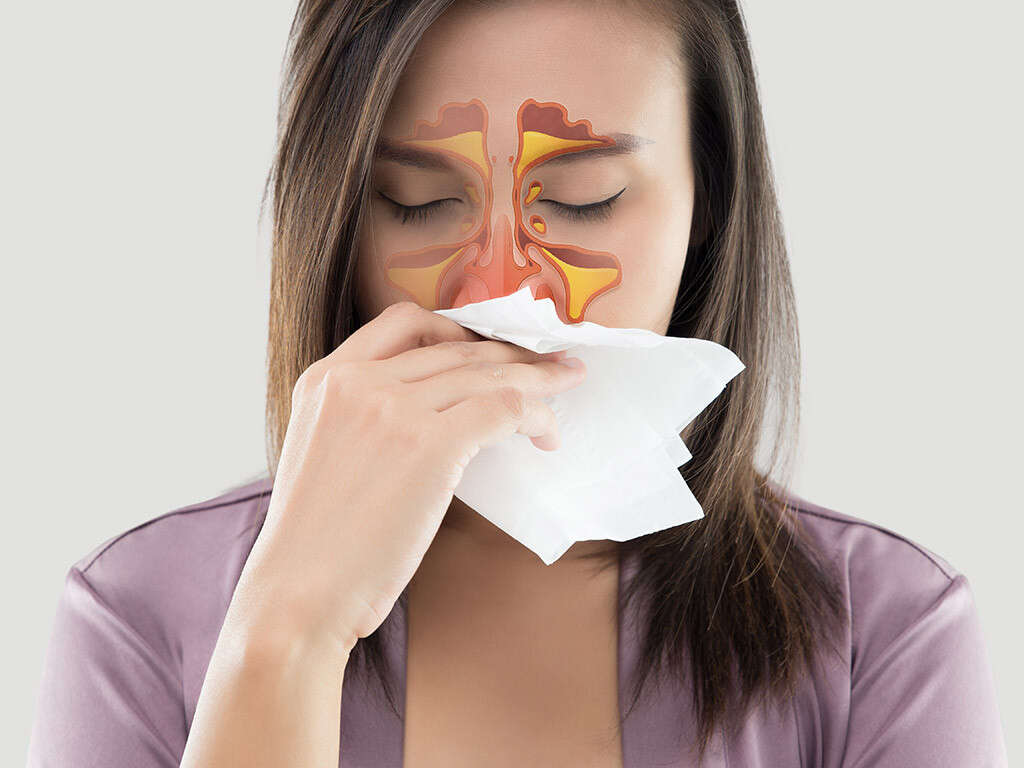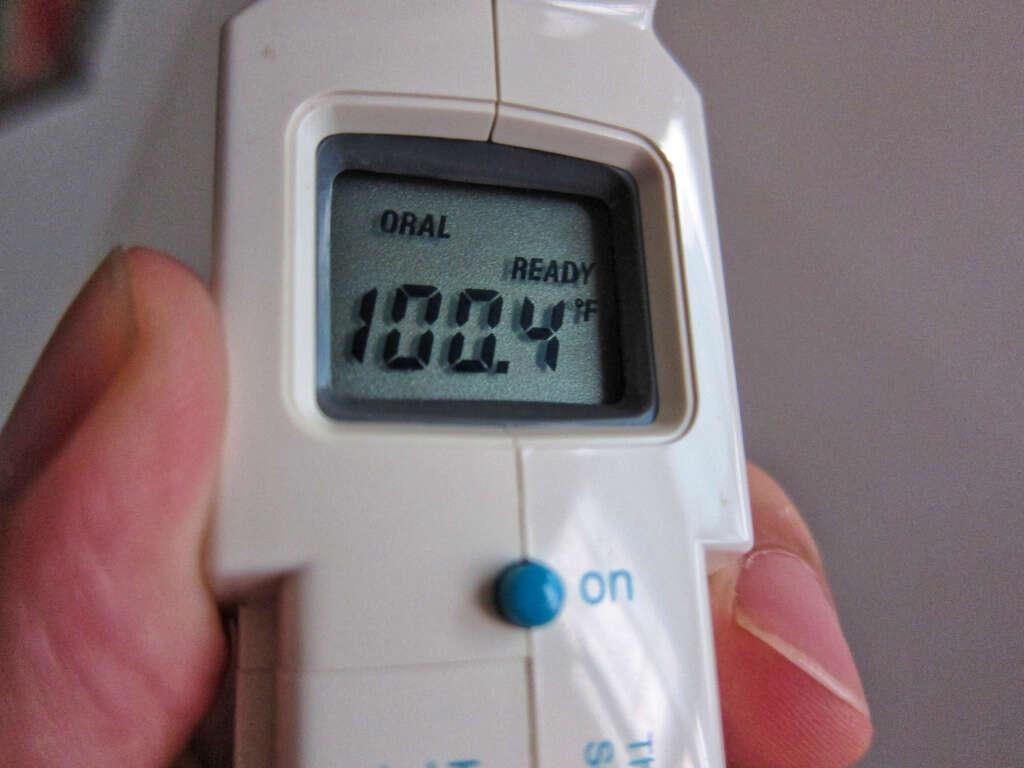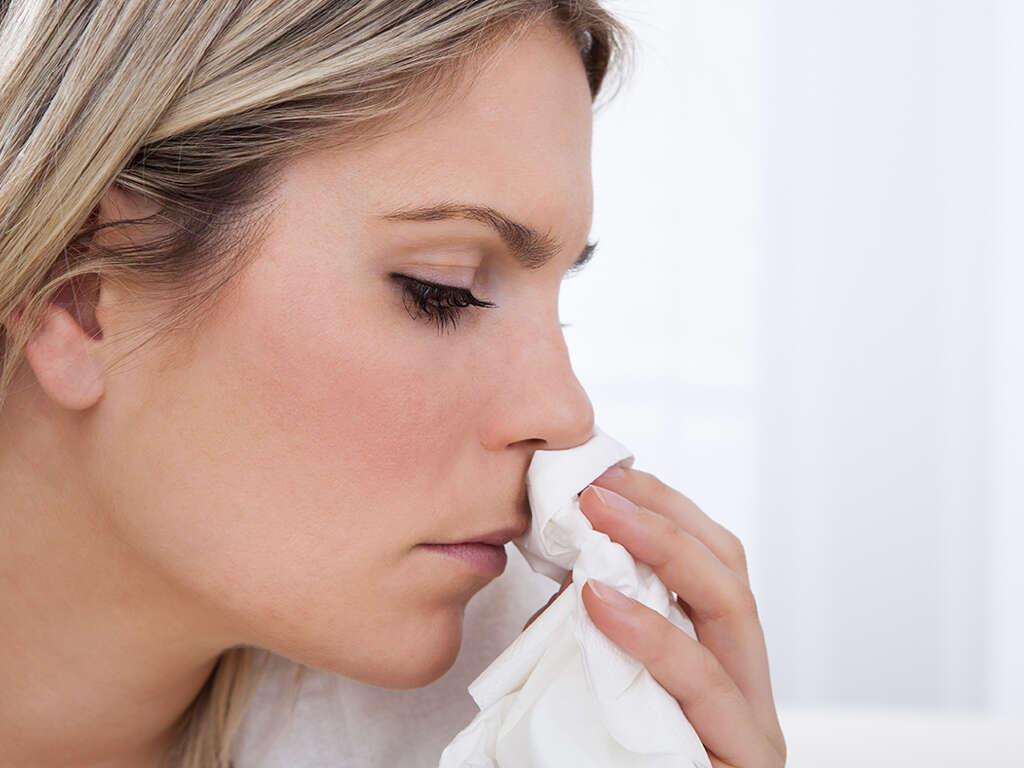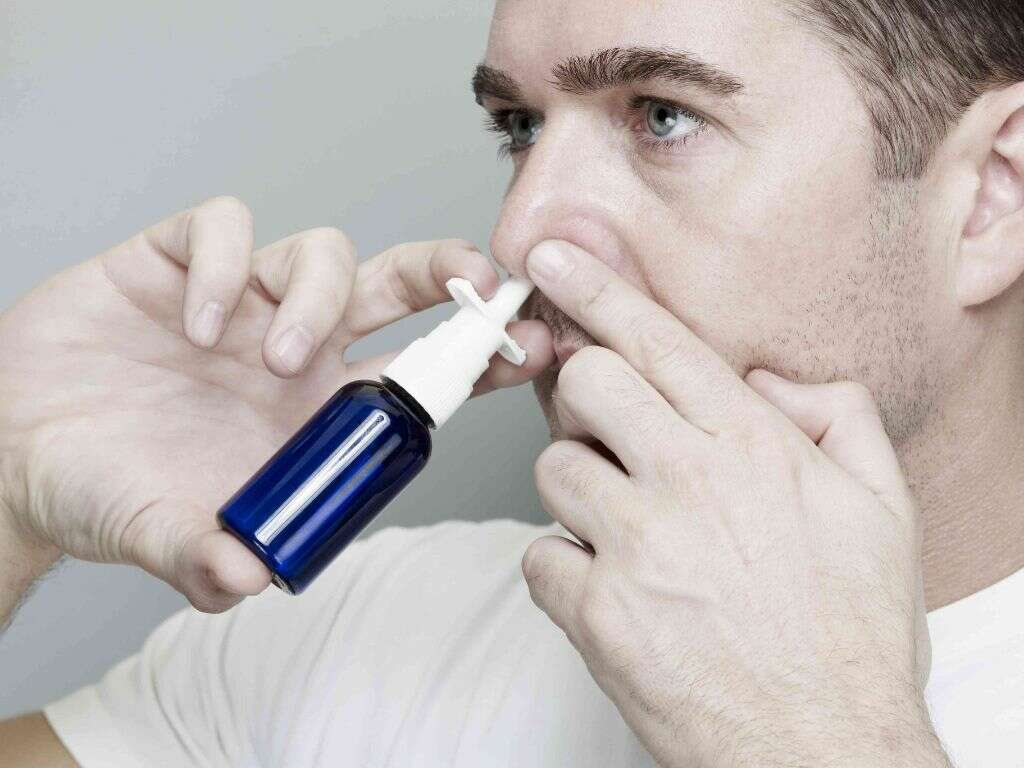What Is Post Nasal Drip?
Post nasal drip is an annoying condition that can also feel quite unpleasant at times. It is not a painful condition, however, and is nearly always harmless to the patient. It is also quite common and can be caused by a rather wide range of things.
Treatment is often available that can at least help to make post nasal drip less irritating for the patient. What’s more is that patients can often take steps to help prevent the condition from occurring in the first place. Here is a closer look at what it is and some of the symptoms it can cause.
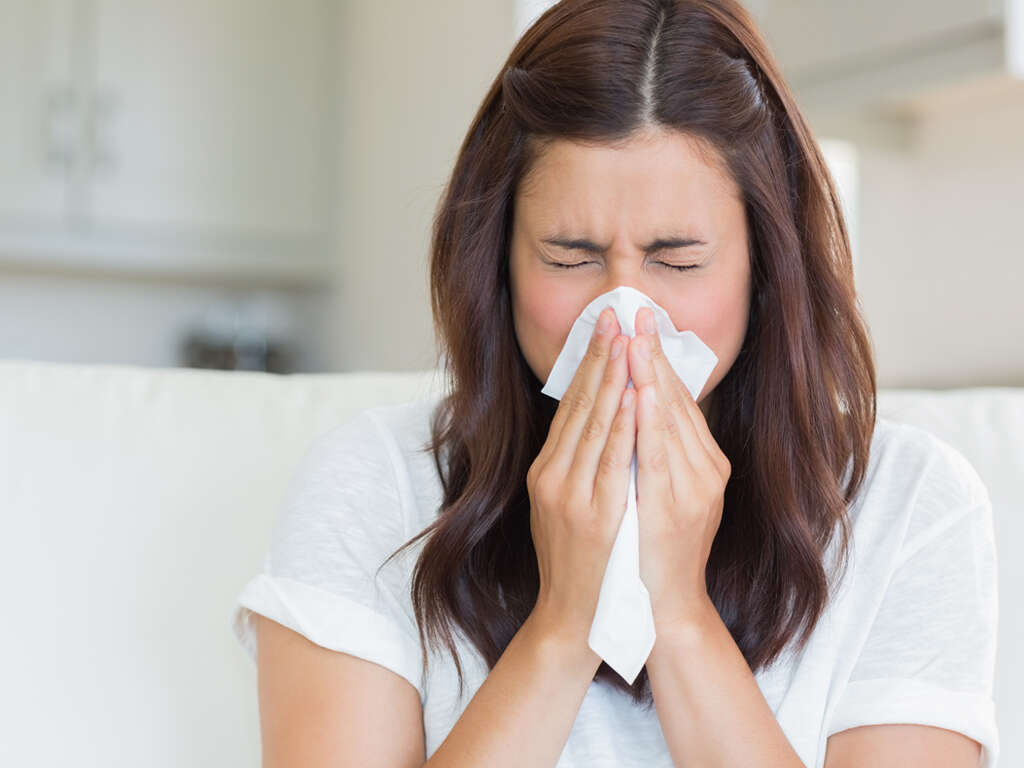
1. Mucus
Mucus can be found throughout the body. It is produced by the body because it is beneficial to us and it serves a number of purposes, with each type serving specific roles. Perhaps the best-known mucus in the human body is nasal mucus, which is commonly known as snot.
This mucus has the job of helping to trap unwelcome debris and pathogens, preventing them from getting to where they can do harm. This helps to prevent infections in the respiratory system and elsewhere in the body. This makes the “gross” mucus that comes from your nose rather important to us.

2. What Is Postnasal Drip?
Most of the time, we barely even notice that nasal mucus is there. It only usually becomes apparent when we are ill and we begin to produce excess amounts of this mucus, causing a runny nose and congestion.
Usually, spent nasal mucus is dealt with by swallowing it, and we don’t usually notice we are doing it. When there is excess mucus being produced, it can accumulate at the back of the throat. This build up can mean that the mucus begins to drip down the back of the throat, causing the sensation that is known as post nasal drip.

3. Deviated Septum
Our noses are separated into two separate cavities thanks to the septum, which is a bony ridge that runs down the center of our nose. This ridge is usually quite straight, creating two separate cavities that are roughly equal in size, but this is not always the case.
Some people will have what is known as a deviated septum. This means that the septum is misaligned rather than straight, and this can lead to complications including nasal drip. Some people are born with a deviated septum, but others will acquire one after picking up an injury to the nose in one way or another.
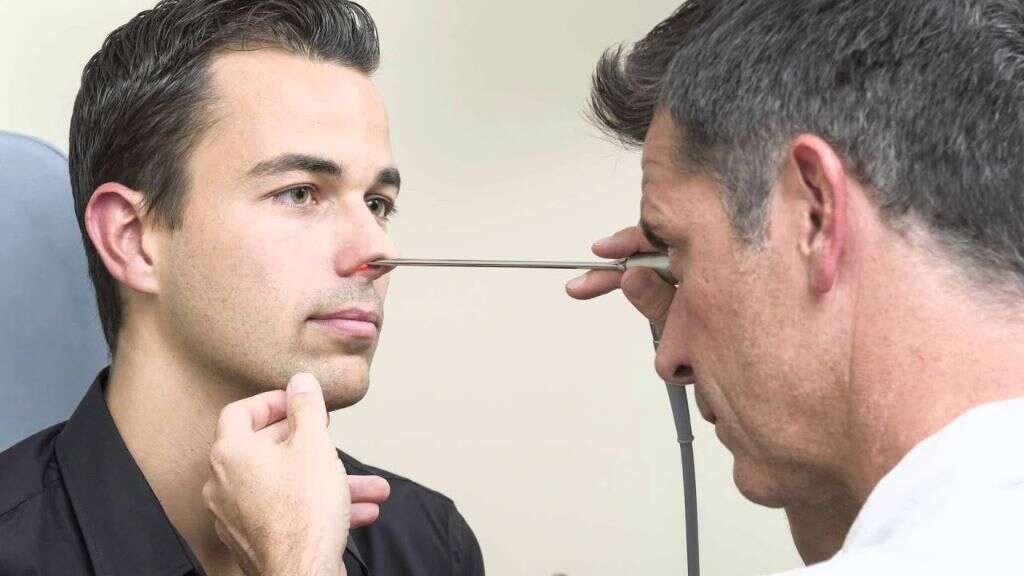
4. Allergies
A lot of people have allergic rhinitis, also known as hay fever, which is a blanket term for allergies that cause an inflammation of the nasal tissues. Perhaps the most common of all allergens that cause this is pollen, meaning that people with hay fever are more likely to have problems in the spring and summer when plants are pollinating.
Hay fever, and other allergies, can be very irritating. In addition to sneezing and a runny nose, they can also cause the eyes to stream and itch. Another irritating condition caused by hay fever is post nasal drip. The symptoms of allergies can often be treated effectively with antihistamines.

5. Other Causes
There are also a number of other potential causes of post nasal drip. For example, a lot of people will develop the condition in the winter as the cold air affects the nasal passage. Likewise, some people will develop post nasal drip when the air is dryer than it usually is.
Another common cause for the condition is viral infections, such as the flu or the common cold. Eating spicy foods will also sometimes cause post nasal drip, while pregnant women are also more likely to develop it. People taking certain medications are also more likely to get post nasal drip.

6. Nausea
As mentioned, it is quite normal for mucus to be disposed of by swallowing it down into the digestive system. This is not usually a problem for us because it is just broken up and the nutrients absorbed, and waste disposed of.
In cases of post nasal drip, however, more mucus will be going into the digestive system than usual. Nasal mucus is not “food,” and if there is too much of it in the stomach, then it can make the patient feel quite nauseous. In some cases, they might also vomit in order to eject the mucus from the stomach.
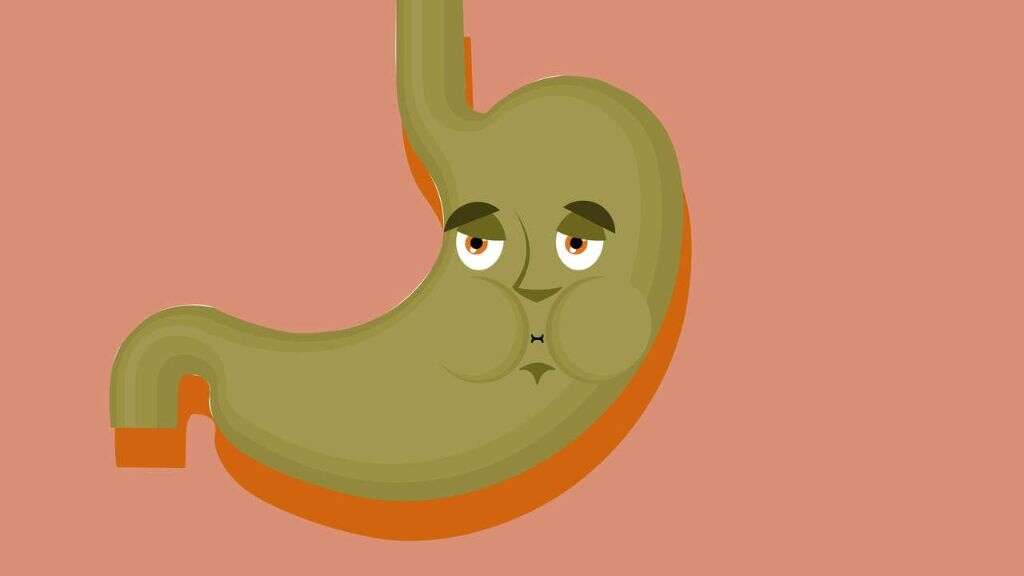
7. A Cough
Coughs are not usually dangerous in themselves, but they can be very uncomfortable indeed and, in some cases, they can make other conditions worse. They can be a sign of a potentially serious underlying cause, but they are usually caused by something that is not so serious, such as post nasal drip.
The dripping of the mucus down the back of the throat can irritate the throat, resulting in a cough that tends to be worse at night time. In addition, patients will often find that their throat becomes sore and scratchy. In many cases, the cough will make the sore throat worse.

8. Bad Breath
Many infections will cause bad odors. This is because bacteria produce often foul-smelling gases as a by-product as they are metabolizing their food. Depending on where in the body the infection is, it can cause the patient to have bad breath.
Post nasal drip is sometimes caused by infections and, as the mucus drips down the back of the throat, it will often take a lot of the bacteria and odor with it. Thus, depending on the underlying cause, some patients with post nasal drip will also develop bad breath that is difficult to make go away even with regular brushing.

9. Throat Clearing
Every now and then, we will have something that gets caught at the back of our throat that needs to be cleared. We usually do this by exhaling out of our throat in a way that is similar to a cough. It usually takes just a few moments and the job is done.
People will experience the same thing with post nasal drip. Because the mucus continues to drip, however, they will need to keep on clearing their throat. They will also often need to spit as the mucus enters their mouths, which will then need to be disposed of.

10. Treatment
Treatment of post nasal drip will often involve treating the underlying cause of the symptom. However, it is often possible to treat the symptom directly. This will often involve decongestants that will help to reduce the amount of mucus being produced, thus reducing the severity of post nasal drip.
Some patients will benefit from a cortisone nasal spray that will help to reduce inflammation in the nasal passages, while sinus irrigation kits can help to remove excess mucus from the sinuses. Patients should also try to sleep with their head raised at night, thus allowing the mucus to drain away effectively.





